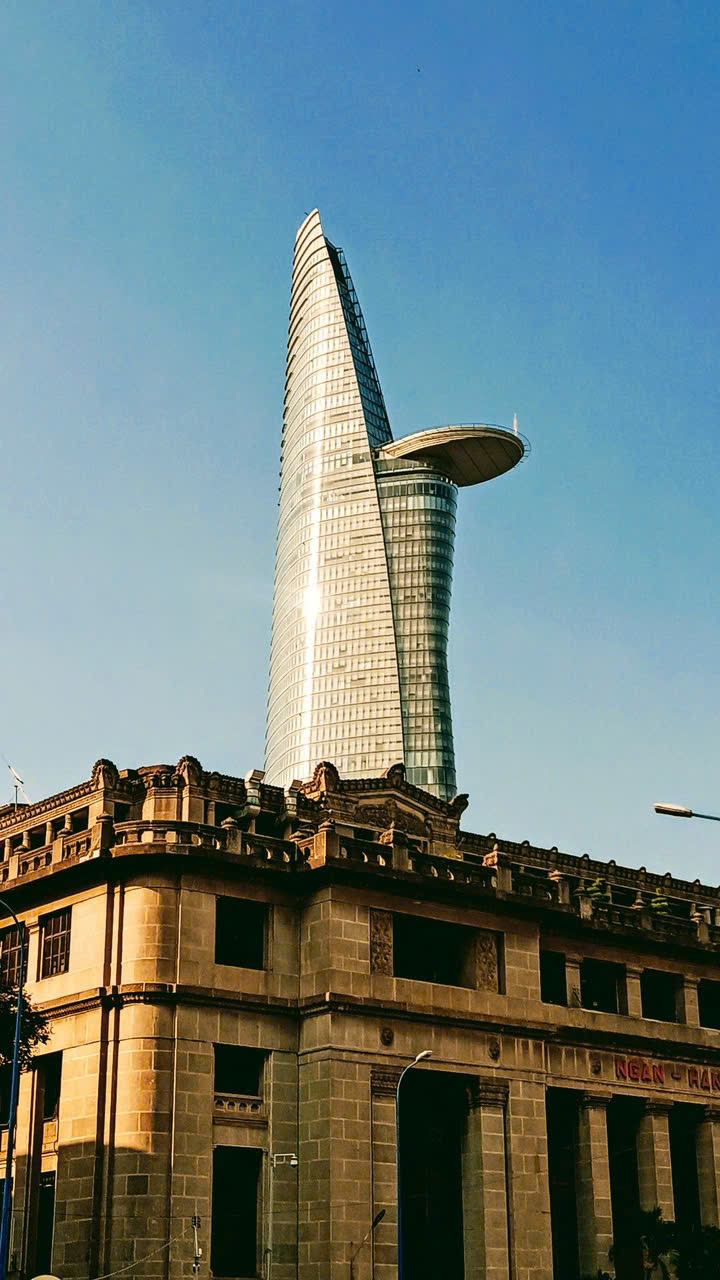Ho Chi Minh City is now estimated to have a population of around 17 million, while Hanoi has approximately 12 million.
Compared to the Philippines, where the economy is unbalanced—focusing employment, infrastructure, finance, and skilled labor in Manila or the wealthy Makati area—their capital city houses 29 million people.
Currently, the Philippines loses billions of dollars annually due to unbalanced development, with traffic congestion being one of the most common and economically damaging issues affecting its citizens.
Meanwhile, Vietnam has seen relatively balanced development. Our provinces may not be rich, but they are not struggling.
However, moving away from the central areas of the Philippine capital, you’ll find people living in slums, surviving on discarded food—providing a perspective that rapid development doesn’t necessarily ensure comprehensive effectiveness or lay a sustainable foundation for future growth.
Economic crises will also serve as a test.
According to general trends, I predict that our government will focus on developing provincial economies, building advanced infrastructure, expanding tourism areas, industrial zones, and seaports, and creating jobs to encourage people to live and work in the provinces.
Ho Chi Minh City and Hanoi are finding ways to encourage citizens to relocate to the provinces:
- Subsidizing transportation and salaries for doctors, teachers, engineers, and highly educated individuals to work in the provinces for lower costs—there are calls everywhere to return to the provinces to start businesses.
- Imposing taxes on manual labor, increasing rental costs, land taxes, and property prices, raising living expenses, penalizing drunk driving (Circular 100), and adding the challenges of the pandemic, all pushing people to return to their hometowns.
Recently, Decree 168 has increased penalties for public transportation operations, adding pressure to daily life, mobility, and comfort, particularly by impacting incomes and raising living costs beyond income generation capabilities.
Wealthy individuals, those with high incomes, and educated professionals with good earnings will opt for cars or Grab (Expats, Middle-Level Income)—they won’t abandon alcohol.
After 2025, Ho Chi Minh City and Hanoi will experience less traffic congestion, with fewer people concentrated in major cities.
Hanoi will remain the political and diplomatic hub.
Ho Chi Minh City will evolve into an international financial center.
Here, there will be a focus on allocating educational budgets and improving conditions for the development of universities aiming for financial autonomy.
From now on, anyone wishing to stay in Vietnam’s two largest cities must seriously invest in intelligence and knowledge to secure a place in these most luxurious cities in the country.
The number of millionaires is expected to increase rapidly by 2030, with individuals possessing a minimum wealth of $30 million, comparable to neighboring Southeast Asian countries.
Have a great Sunday 🤝

